Research
CIRCADIAN Light Research Center: Optimizing Light for Human Health and Performance
Dr Martin Moore-Ede, a former professor at Harvard Medical School, and his biomedical and engineering research teams built the Circadian Light Research Center in 2010 as a specialized research facility to identify and develop the optimal lighting for day and night. With funding from the National Institutes of Health and other sources they operated this light-controlled medical research center with fully spectrally-controlled workplace and residential lighting, to study the impacts of LED and other lighting on human volunteers living and working shifts around the clock.
As lighting with carefully controlled spectral content is delivered, a full range of physiological, psychological performance and medical tests are undertaken including:
- Sleep and wakefulness with continuous EEG monitoring
- Blood tests (lipids, cardiac markers)
- Glucose Tolerance tests (Diabetes)
- 24-hour urine melatonin collection
- Salivary Melatonin 30-minute intervals
- Blood pressure
- Alertness & performance tests
- Mood and Depression scale test
Full ethical protection of our volunteers is provided. Each participant gave written informed consent after receiving a full explanation of the study purpose, design, and procedures. Study protocols and consent forms are reviewed and approved by the Circadian Institutional Review Board (IRB# 00001522) registered for Federal Wide Assurance (FWA) with the Office for Human Research Protections (OHRP) of the Department of Health and Human Services (HHS).
The Circadian Light Research Center also conducts studies and evaluates lighting products that meet the rigorous standards of evidence-based circadian lighting.
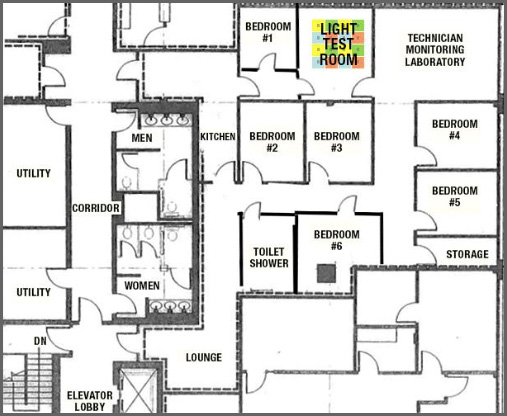
Dr. Martin Moore-Ede Articles
Recent Publications
Lights Should Support Circadian Rhythms: Evidence-based Scientific Consensus
OCTOBER 4, 2023
Frontiers in Photonics (2023) 4:1272934
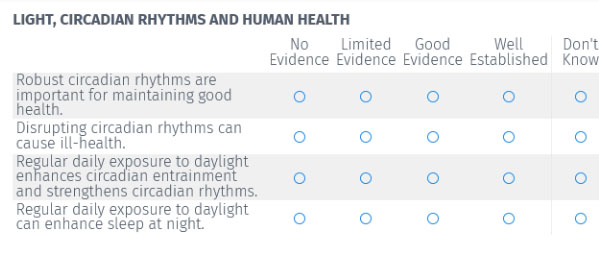
248 scientists, with a total of 2,697 peer-reviewed publications on light and circadian clocks since 2008, reached consensus on 24 statements about the impact of light on circadian rhythms and health based on the accumulated scientific evidence.
INDUSTRY INSIGHTS | How the industry can standardize circadian lighting
APRIL 24, 2023
LEDs Magazine

MARTIN MOORE-EDE responds to the recent finding of scientific consensus on circadian lighting and advises the lighting industry on steps it can take to develop an evidence-backed strategy for risk management before regulation rules all.
Circadian Potency Spectrum in Light-Adapted Humans
AUGUST 18, 2022
Cell Sci Therapy. 13:361-366 (2022)
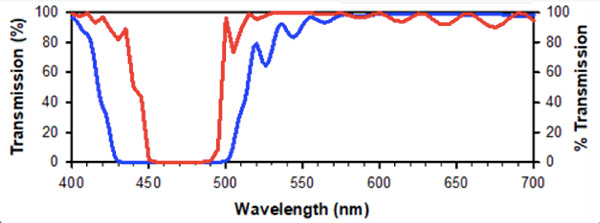
Review of the evidence for a narrow blue circadian sensitivity curve for light-adapted humans derived from experiments using spectral filtering of light sources, and comparisons of light sources with diverse spectral power distributions.
LEDs must spectrally balance illumination, circadian health, productivity, and energy efficiency
APRIL 30, 2021
LEDs Magazine: April 30, 2021
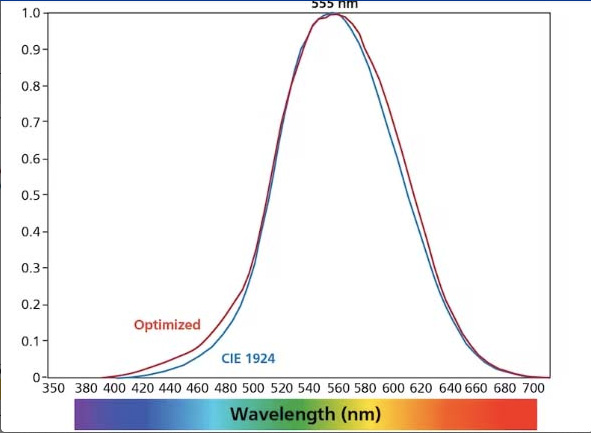
For best results in the built environment, quality LED lighting requires a delicate balance of spectra that optimize multiple objectives for the ideal experience and performance, advises MARTIN MOORE-EDE.
Circadian Potency Spectrum with Extended Exposure to Polychromatic White LED Light Under Workplace Conditions
JUNE 16, 2020
Biol Rhythms 35(4): 405–415 (2020)
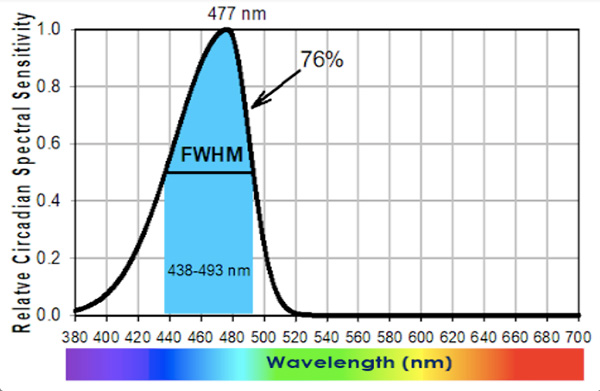
Derived a narrow steady-state human Circadian Potency spectral sensitivity curve with a peak at 477 nm and a full-width half-maximum of 438 to 493 nm. This light-adapted Circadian Potency spectral sensitivity permits the development of spectrally engineered LED light sources